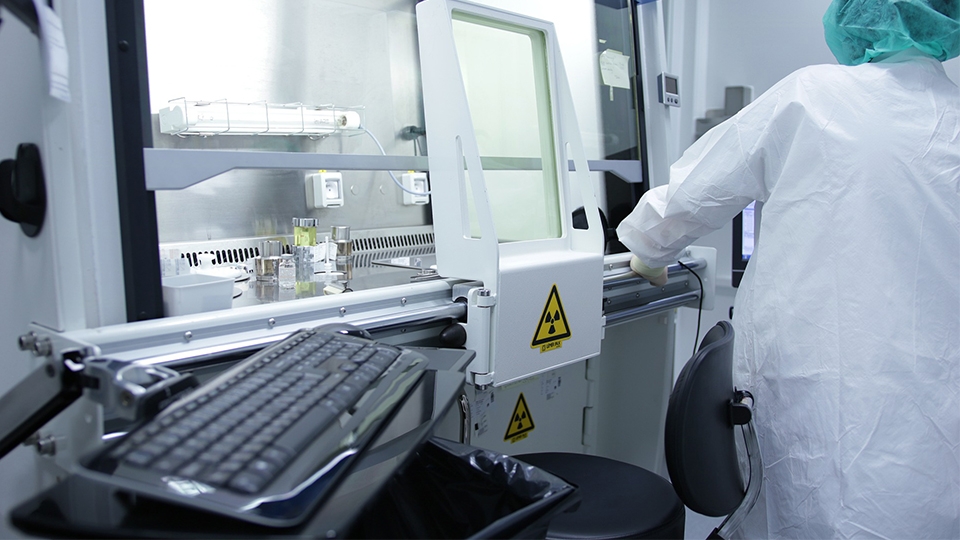Using mass spectrometry imaging for a closer study of tumours
Published: 24 Oct 2019

Dr Glenn Kunnath Bonney, Consultant in the Division of Hepatobiliary and Pancreatic Surgery at the National University Hospital and his research team members from NUS have developed a new technique to examine tumours more closely and this may allow doctors to be more precise when removing cancer tissue during surgery.
Using mass spectrometry imaging, the new technique allows for an accurate digital reconstruction of the tissue where cancer and healthy zones overlap, along with detailed molecular-level information, in just 45 minutes, down from the three to five days taken by the traditional method of tissue staining.
To overcome the limitations of existing technology which would take 24 hours to analyse the data, Dr Bonney and his team also developed a new artificial intelligence module to allow them to do the analysis within minutes.
With this new technique and technology, the team found that there is a boundary zone between cancerous and normal tissue where the body’s immune system fights the cancer. This discovery may potentially allow doctors to be able to tell exactly how much tissue they need to cut away, allowing them to perform more precise operations.
“If you know the molecules that are associated with the margin, you can potentially target them for treatment and identify them for diagnostic purposes… much better than the classical ways.” – Dr Glenn Bonney
“Applying more precision science means that we can actually change the way we operate, and not necessarily do things that are so big to patients,” Dr Bonney added.
News Coverage

